EXPLORE
YOUR
HIDDEN
TALENTS
Dr. Aparna Chattopadhyay

Published by:

F-2/16, Ansari road, Daryaganj, New Delhi-110002
 23240026, 23240027 Fax: 011-23240028
23240026, 23240027 Fax: 011-23240028
Email:
Branch : Hyderabad
5-1-707/1, Brij Bhawan (Beside Central Bank of India Lane)
Bank Street, Koti Hyderabad - 500 095
 040-24737290
040-24737290
E-mail:

Copyright: Author
ISBN 978-93-813845-0-3
Edition: April 2011
The Copyright of this book, as well as all matter contained herein (including illustrations) rests with the Publishers. No person shall copy the name of the book, its title design, matter and illustrations in any form and in any language, totally or partially or in any distorted form. Anybody doing so shall face legal action and will be responsible for damages.
Dedicated to
The Omnipresent and
Omniscient God
in Whom we live
and move
and
have our being.
Acknowledgement
Apart from the all round help and support extended to me by my husband Mr B.N.Chattopadhyay and my daughters Jaya and Rimjhim, I wish to acknowledge my sincere thanks to Mr R.A.Gupta, Managing Director of Pustak Mahal for his support and encouragement to me to author this book, after publishing my first book Whats your Emotional IQ? My grateful thanks are also due to Mr S.K.Roy, executive editor of Pustak Mahal for his unfailing help and guidance to me, which enabled this book to see the light of the day.
Last, but not the least, I am greatly indebted to the invisible power of the Lord Supreme, who willed and granted success to this creative venture.
Aparna Chattopadhyay
Authors Note
In todays organizations, the dramatic changes in technology, the international arena and workplace demographics, have all greatly affected continual challenges. Changes in organizational structures resulting from mergers, consolidations, and expansion have become the rule, rather than the exception.
The change in the global economy is affecting every individual and altering the management landscape and job opportunities. We face today a world of turbulence and uncertainty, where we can no longer count on a stable world that is unchanging and unvarying. Change is the only constant. It demands changes in ourselves, our approaches, our skills, our attitudes and our strategies.
All this necessitates developing peoples skills which requires understanding why people behave as they do. Such a knowledge significantly enhances personal effectiveness of both the employer and the employee in any organization.
This book caters to the employees as well as managers for enhancing HR and OB (Human Resource and Organizational Behaviour). It aims at motivating people in organizational settings for developing teamwork and creating conducive work climates. Its emphasis is on people rather than money, materials and machines, while working towards the attainment of goals.
It further highlights the conflict between the individual and the organization, stressing the psychological problems of work including alienation, frustration, suppression of higher level needs, stressing the need for a higher level of interaction between the individuals needs and the demands of his organization.
It aims at developing skills to meet the new challenges in the present day work scenario. It presents fundamental behavioural science concepts and simple-to-use psychological tips for attaining success in the career arena. As this requires the knowledge and application of tested behavioural science concepts plus the timing skills to get things done, this book will help you not only to acquire the basic knowledge but also to develop the attitudinal and emotional skills necessary to be a high performing leader. It focuses on (a) attitudinal changes, (b) knowledge changes, (c) individual behavioural changes and (d) group or organizational behavioural changes. It presumes that changes in knowledge lead to human skills followed by changes in attitude, which ultimately lead us to our coveted road to success.
No matter where you are, who you are, what you have accomplished, when or where or why you may not have realized your dreamshere is an opportunity for you to make a success of your career. Apply these principles of psychological research to your day-to-day work life and colonize your success.
Aparna Chattopadhyay
Contents
Are You A Change Leader?
Interestingly, the only thing that is constant and that we can depend on is the inevitable occurrence of change. Consequently, dramatic economic and technological changes taking place in our organizations during the past few decades have resulted in causing a real challenge for the HRD professionals. It has necessitated not only finding and hiring employees who have basic business skills, but also ongoing job training for managers and employees. New technologies require job re-training and motivational training. Consequently organizations have to spend huge amounts on training. Mc Elwain (1991) suggests that as much as fifty million of the workers currently employed in the US are in need of additional training to develop them on personal and professional levels and to enhance their attitude to work. As a result, many organizations are dedicating larger percentages of their budgets to personnel procurement and development for selecting and training employees to deal with the complexities of the changing technological scenario of today.
Change is inevitable and impermanent. It is inherently neither good nor bad. Most people perceive change as disruptive and to be avoided whenever possible. The key is to recognize that change is neutral, i.e., it occurs, and that it is perceived as good or bad depending on the conditions.
To manage change successfully one must stay flexible and be able to respond to what is going on. The more the change is described as what is presently happeningrather than what should be happening or what might happen nextthe easier it will be to work with people in facilitating the change. The change leaders most important function is helping people to understand that they have the skills needed to implement positive change and are already using them effectively in their lives both at work and at home.
Every changed leader has a unique and distinct style from autocratic, participative and supportive to laissez- faire types. These styles of change leadership are intended to manage change.
Answering the following quiz shall enable you to determine the extent to which you are a change leader. Answer the queries with a True or False answer in case you agree or disagree with them:

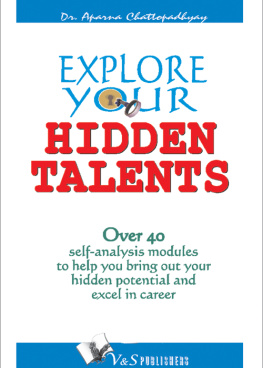
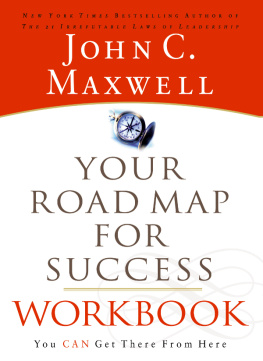



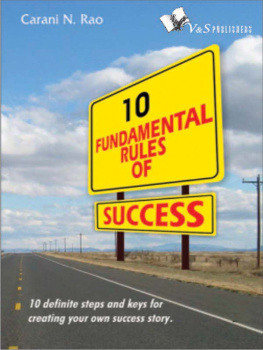
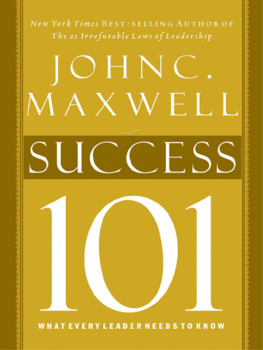
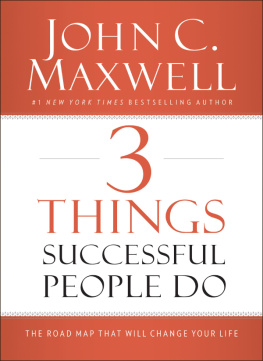


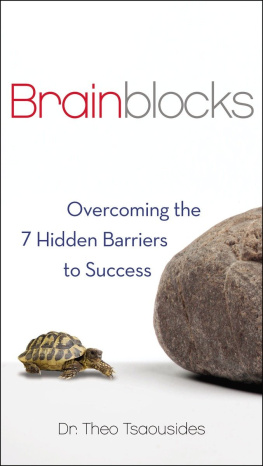




 23240026, 23240027 Fax: 011-23240028
23240026, 23240027 Fax: 011-23240028